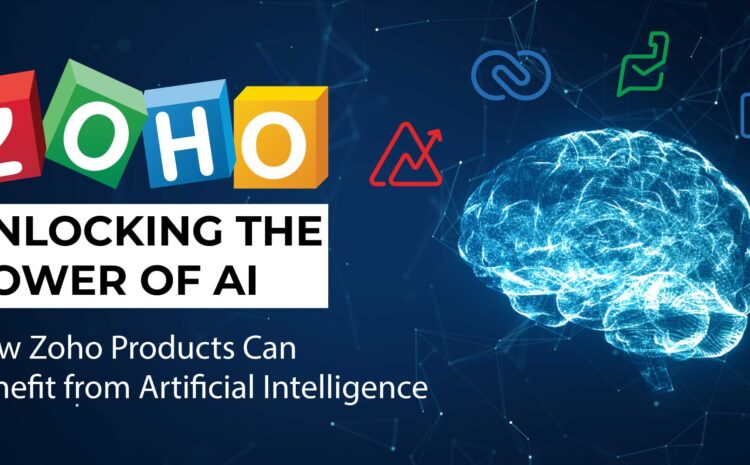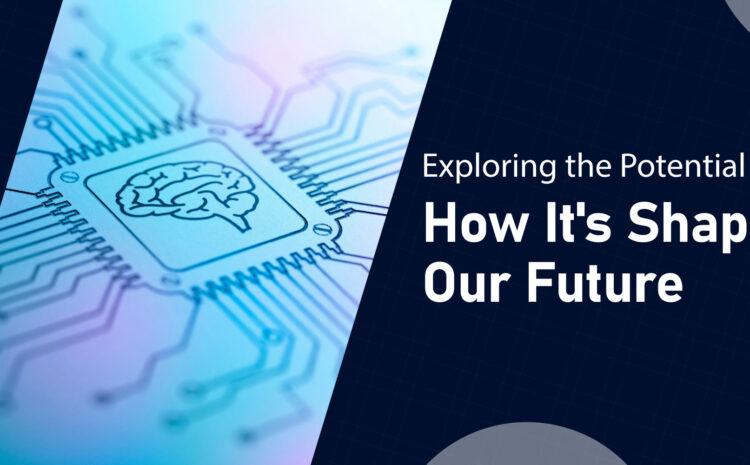Hello, everyone, and welcome back to the blog! If it’s your first time here, be sure you go poke around at some of our other posts. We have a broad range of topics, and we’re sure you’ll find something you love. Today, we’re talking about AI, and in our opinion, one of the ways it should be used more: Making it easier to diagnose health issues and develop new drugs to fight illness. If you’re ready, get comfy and grab a cuppa, and let’s get into it.
The healthcare industry is in the midst of a transformation, and artificial intelligence (AI) is leading the charge. From accelerating drug discovery to unlocking new insights in medical research, AI is helping scientists and clinicians achieve breakthroughs faster and more efficiently than ever before. What once took years of trial and error can now be accomplished in months, dramatically changing the future of medicine.
Here’s how AI is revolutionizing drug discovery and healthcare research—and what it means for patients, providers, and innovators.
Accelerating Drug Discovery
Traditionally, developing a new drug is a long, expensive process that often spans more than a decade. AI is streamlining this by analyzing vast datasets to identify potential drug candidates quickly. Machine learning models can:
- Predict how molecules will interact with biological targets.
- Screen billions of compounds virtually instead of through costly lab testing.
- Suggest modifications to improve drug safety and effectiveness.
This computational approach shortens the discovery phase and reduces the likelihood of dead ends, allowing promising treatments to move forward faster.
Personalized Medicine
AI enables researchers to analyze genetic, clinical, and lifestyle data at scale. This makes it possible to tailor treatments to individual patients rather than relying on a one-size-fits-all approach.
For example, AI-powered systems can predict how a patient will respond to a specific cancer therapy based on their genetic profile. This helps doctors choose the most effective treatment with fewer side effects, improving outcomes and quality of life.
Repurposing Existing Drugs
Discovering new uses for existing drugs is another area where AI shines. By analyzing massive datasets of clinical trials, medical literature, and real-world patient data, AI can uncover unexpected connections between known compounds and new diseases.
This not only saves time and money but also brings treatments to market more quickly since these drugs have already passed safety testing. The COVID-19 pandemic highlighted the importance of drug repurposing, and AI continues to play a critical role in this work.
Enhancing Clinical Trials
Clinical trials are one of the costliest and most time-consuming aspects of healthcare research. AI helps optimize every stage:
- Patient Recruitment: Algorithms identify eligible participants faster by analyzing electronic health records.
- Trial Design: AI models predict likely outcomes, improving trial efficiency.
- Monitoring and Compliance: Wearables and AI-powered apps track participant health in real time, ensuring adherence and safety.
By reducing delays and increasing accuracy, AI-driven trials bring lifesaving treatments to patients sooner.
Medical Imaging and Diagnostics
Beyond drug discovery, AI is making significant strides in diagnostics. Advanced image recognition tools now analyze X-rays, MRIs, and CT scans with remarkable accuracy, often matching or surpassing human radiologists.
These systems don’t replace doctors—they augment their abilities by catching subtle anomalies and providing second opinions. Faster, more accurate diagnostics directly impact treatment decisions and patient outcomes.
Big Data and Predictive Insights
Modern healthcare generates enormous amounts of data—genomic sequences, patient histories, clinical notes, and more. AI makes sense of this data, finding patterns that humans would miss. Predictive analytics help researchers identify risk factors for disease, forecast disease progression, and uncover new therapeutic targets.
This ability to transform raw data into actionable insights is reshaping how researchers approach both preventative care and treatment development.
Ethical Considerations and Challenges
While the promise of AI in healthcare is enormous, it raises important questions. Data privacy, algorithmic bias, and regulatory hurdles must be addressed to ensure AI tools are safe and equitable. Transparency in how models are trained and validated will be essential for building trust among researchers, clinicians, and patients.
The Road Ahead
AI won’t replace scientists or doctors, but it will continue to act as a powerful partner. From cutting drug discovery timelines to advancing personalized medicine, the impact of AI on healthcare research is only just beginning.
As technology advances, collaboration between AI experts, pharmaceutical companies, and healthcare providers will unlock even greater breakthroughs. The ultimate goal is clear: faster, safer, and more effective treatments for patients worldwide.
We hope you enjoyed this post and got a lot of great information out of it. Thank you so much for reading and giving us a bit of your time. We’ll see ya next time!




